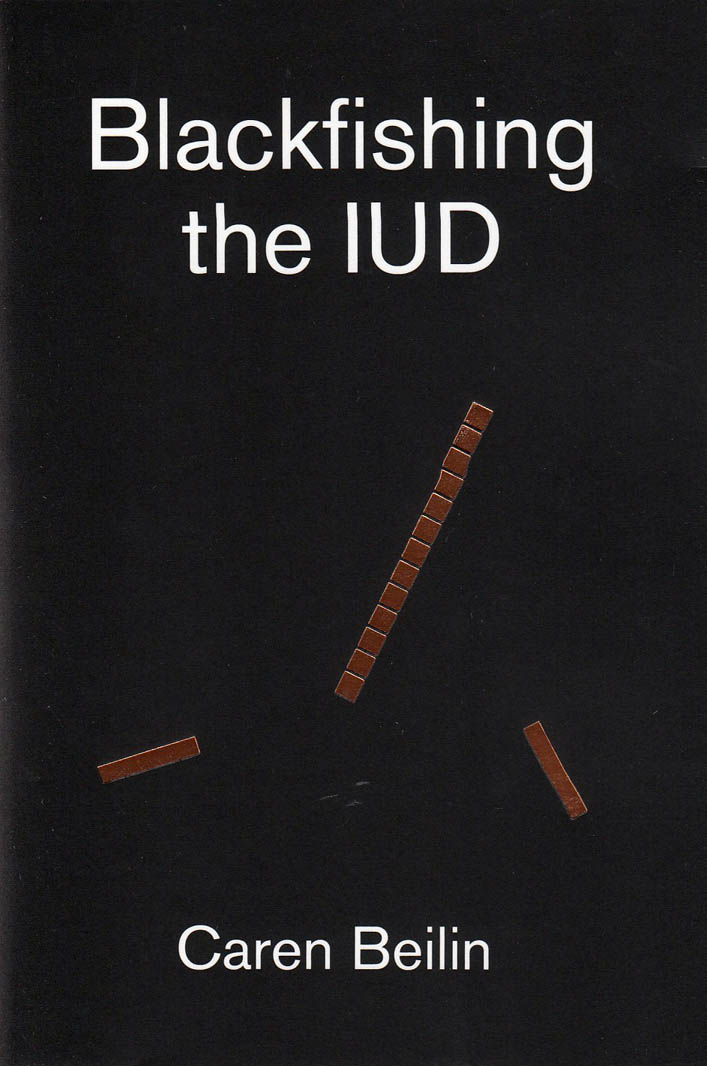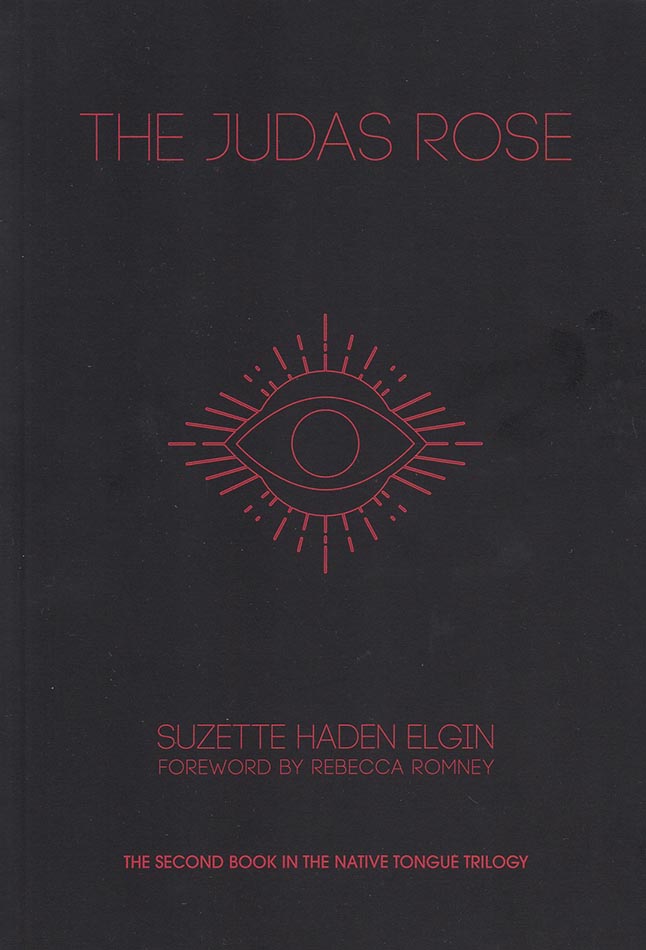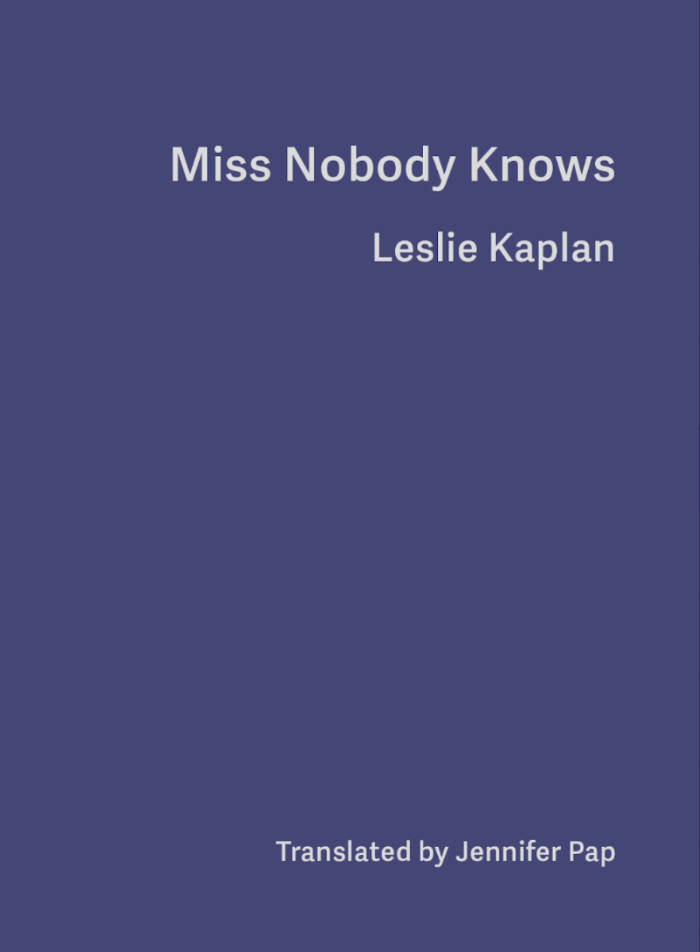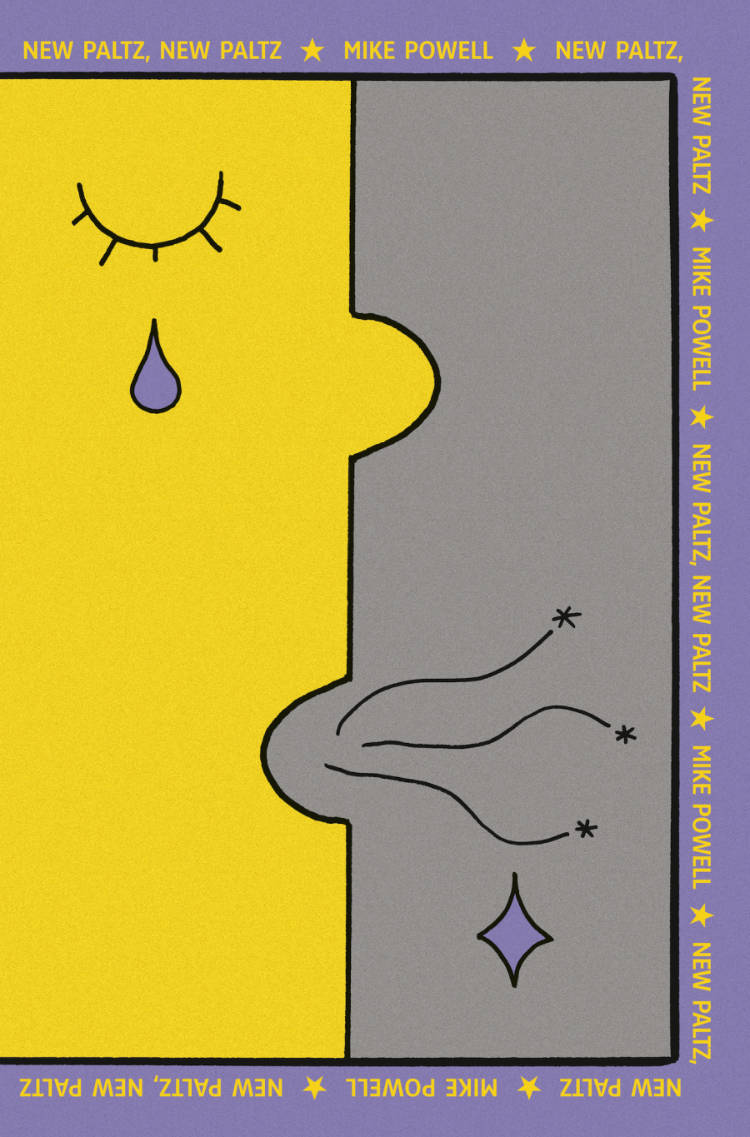
Blackfishing the IUD
Blackfishing the IUD is a daring and demanding memoir by author, Caren Beilin, about reproductive health and the IUD, gendered illness, medical gaslighting, and activism in the chronic illness community. Rhapsodic and unabashedly polemical, Beilin scrutinizes the literary, artistic, and medical history of Rheumatoid Arthritis, as she considers the copper IUD's role in triggering her sudden onset of chronic autoimmunity. As the title makes abundantly clear, the book is an argument that the copper IUD is sickening quite a lot of women—and that we listen first and foremost to women's testimony to begin to resolve it.
As I read I thought of alchemy, Beilin is an alchemist. She transmutes metal, in this case copper, into something that flames and sings and questions and fights. It's a supranatural work that quests after healing but also finds and makes sense in its paradoxes."—Johanna Hedva
Language: English




